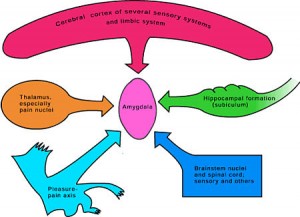Jesus The Christ – Study Guide
(2) The Premortal Existence
Genesis 1:26-27 is the biblical account of what is left of the premortal life, which according to some LDS scholars was over 2.5 billion years of existence. In this organizational meeting (Abraham 3:22-28), we were all present and witnessed the Savior’s appointment as the  Redeemer. Jesus explained that some souls would be lost and not make it back. Lucifer argued that he could save them (v. 26). In verses 24-25, Jesus is already the Chosen One. He is speaking in past tense that we (God the Father and Him) we prove us to determine if we keep our covenants made (in the premortal existence).
Redeemer. Jesus explained that some souls would be lost and not make it back. Lucifer argued that he could save them (v. 26). In verses 24-25, Jesus is already the Chosen One. He is speaking in past tense that we (God the Father and Him) we prove us to determine if we keep our covenants made (in the premortal existence).





